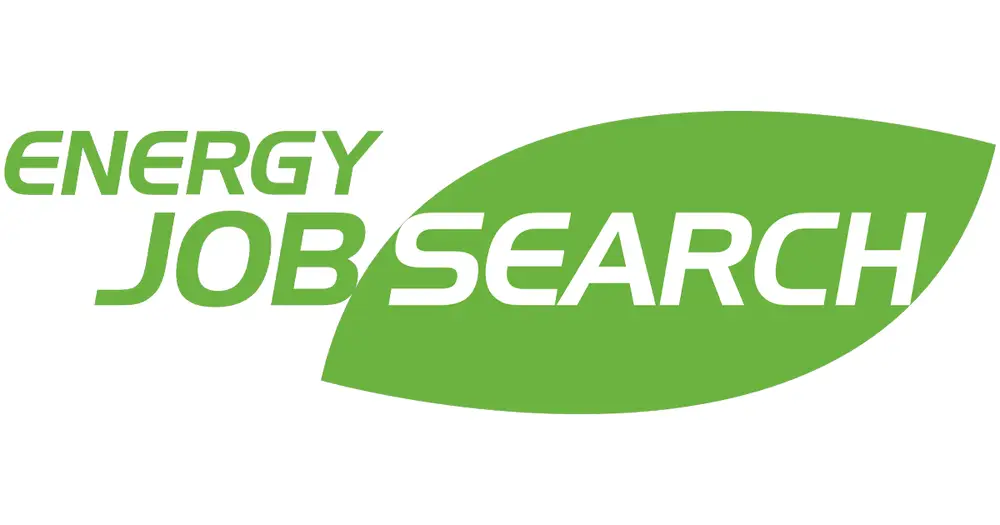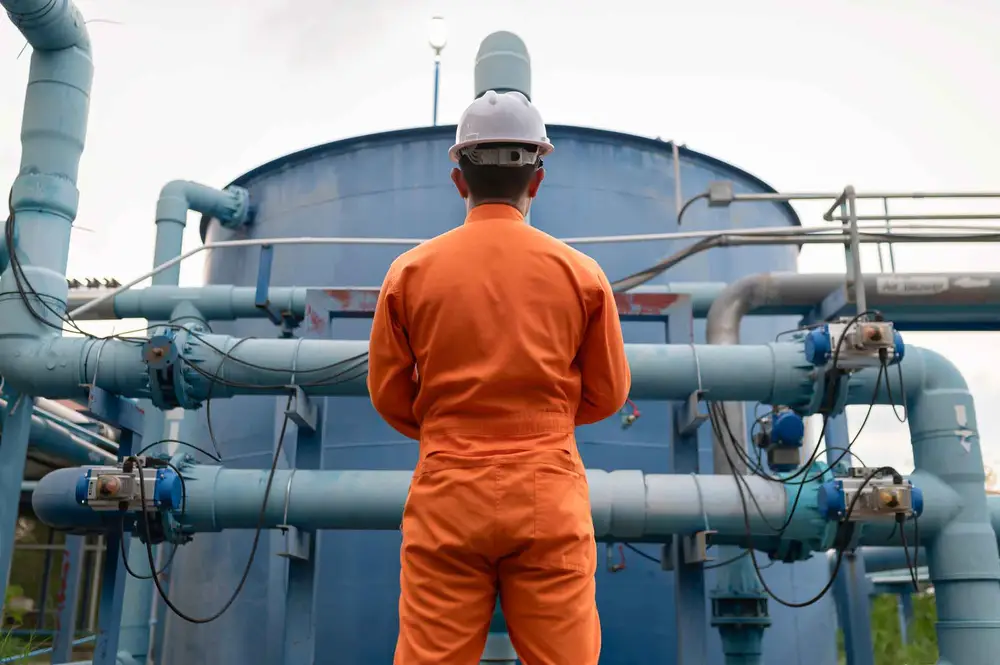As an entry-level jobseeker, I find offshore jobs and employment in the energy sector particularly appealing.
In addition to offering impressive remuneration packages with immediate effect, the opportunities for future career growth while simultaneously working in exciting environments with flexible work patterns are incredible.
Appreciating the attraction of offshore employment is one thing, but finding the best offshore jobs and entry-level positions is another. In this guide, you’ll discover the best options to kickstart your career in 2025.
What to Look For In Entry Level Offshore Employment
Before analyzing different entry-level offshore jobs, it’s essential to familiarize yourself with the key ingredients in the recipe for success.
For starters, you’ll want to work in a stable industry. The energy demands continue to grow while the U.S. also accounts for 12% of global renewable energy consumption. So, it’s an industry with guaranteed long-term prospects while also positively impacting the planet.
“Offshore employment can be challenging. Working in a role where you make a positive impact is vital.”
As a worker, though, there are several additional factors to consider when seeking offshore employment. The following questions should guide you to a calculated decision;
- Salary – as an entry-level job seeker, you must accept that you won’t earn millions in your first job. Still, you should be remunerated with a suitable salary structure.
- Growth opportunities – while your immediate needs take priority, you must keep one eye on future career prospects. Mentoring and learning opportunities are also valuable.
- Safety – the harsh reality is that offshore jobs are regularly featured on lists of the most dangerous jobs. Knowing that your employer cultivates a safe environment is key.
- Scheduling – offshore employment often offers flexible work patterns, which can be key for establishing a strong work-life balance.
- Job satisfaction – offshore employment can be challenging, so you need it to feel worthwhile. Working in a role where you make a positive impact is vital.
The right first steps will set you up for a long and successful career within the energy industry, which could include more senior offshore jobs or management roles that do not require you to work on the rig or vessel itself.
The Best Offshore Jobs In The Energy Sector
By now, you’ve decided that you want to work in the energy sector. So, what are the best offshore jobs for entry level workers? Let’s look at some of the most in-demand solutions.
1. Roustabout
A roustabout may work on offshore platforms or vessels, completing manual labor tasks. The job primarily deals with oil and gas drilling.
The most common tasks completed by roustabouts include cleaning, inspections, repairs, and transporting materials. They also conduct checks to confirm that wells operate as expected for optimal efficiency. No formal education or training requirements are needed to enter this field.
Still, roustabouts require mechanical skills as well as mental and physical strength. If you possess those attributes, working as a roustabout could be a very appealing entry level offshore career path. Not least because on-the-job training can see your career progress quickly.
An off-shore roustabout will also develop universal skills, opening the door to travel and employment opportunities on oil or gas drilling fields around the world.
Pay expectation: $25-$30 per hour for an entry level worker.
#2. Motorhand
A motorhand is an employee who works on drilling rigs, boats, and other offshore vessels to provide assistance with their ongoing operation.
Entry level motohands have many duties. The most important roles revolve around the maintenance of oil drilling machines, heating systems, generators, motors, hydraulic systems, and transmissions. They’ll also monitor fuel levels and keep accurate log records.
Motorheads will also check safety equipment, run the draw works, turn rotary tables, and circulate drilling fluids. All of this is done while assisting other workers on the rig and meeting company policies regarding safety procedures and regulations.
With this in mind, you may be required to complete a Basic Safety Training (BST) course before starting. However, this is a very brief course that opens the door to a career in this sector.
Pay expectation: An estimated $31 per hour for an entry level motorhand.
3. Deckhand
An entry level deckhand in the offshore energy sector is someone who works on offshore vessels including tugboats and drilling rigs. They assist the ongoing operations.
Duties may vary from one employer to another. But the key responsibilities start with the cleaning and basic maintenance of the vessel. They may also be responsible for handling mooring and unmooring activities as well as loading/unloading cargo.
Deckhand operators also have to manage deck machinery as well as lines and cables, including anchor and mooring lines. Ultimately, they will report to the captain and crew members to ensure that these aspects of daily vessel operations remain under control.
Depending on the type of vessel that you work on, it may be necessary to undergo training for survival in emergency situations in which fast rescue boats are not available.
Pay expectation: $20-$25 per hour on average for entry level roles.
4. Floorhand
A floorhand is an entry level position focused on the gas and oil rig sector while they report to the driller. Their role is to complete any necessary manual labor tasks to maintain the rig.
It is a physically demanding job that sees employees primarily work with pipework, casing equipment, and drilling equipment. They play a key role in setting up the rig and cleaning up at the end of each day/shift. This includes cleaning and inspections of all equipment.
Floorhands also perform machinery repairs, drilling connections, equipment transportation, assembly, safety checks, and rigging up/down processes. They may also need to mix chemicals, clear debris, and recalibrate machinery. On-the-job training teaches these skills.
“The offshore energy sector is one of the best when looking for entry-level job roles that pay good money.”
The job role can lead to future employment as a driller or derrick hand. Floorhands work closely with roustabouts and crew pushers, which is why communication is key.
Pay expectation: $22 per hour on average for entry level positions.
5. Scaffolder
Maritime scaffolders work on rigs and vessels. They can work for employers in virtually any field of the offshore energy sector while many work as self-employed contractors too.
The main responsibilities of a scaffolder focus on the assembly (and future disassembly) of scaffolding and temporary frameworks. Therefore, they are most commonly hired at the start and end of a project, which can open the door to working on projects in multiple locations.
Some employers may ask scaffolders to help out with basic maintenance and repairs of the structures. Crucially, though, scaffolders must ensure that all frames are erected safely and securely, especially as adverse weather can threaten structural integrity.
Scaffolders are in high demand in general land construction and building companies too. So, this is a very good entry level role if not 100% sure about offshore work as a lifelong career.
Pay expectation: An estimated $22 per hour.
6. Boiler Operator
Boiler operators are another entry level position that can help workers take their first steps into offshore employment. It’s also one of the less physically demanding positions.
The role of a boiler operator is to complete basic operations within the boiler room. This includes monitoring and recording the pressure levels, temperatures, and general conditions of the relevant systems. It involves working with various gauges and indicators.
Boiler operators must be proactive in monitoring all key aspects while maintaining optimal accuracy at all times. If minor issues surface, they will be tasked with completing the basic maintenance needed to restore normal function. All steps should be recorded and reported.
The position requires a knowledge of heating systems and the technical skills to complete basic maintenance. This can be done through a short course or on-the-job training.
Pay expectation: $30 per hour on average for entry level positions.
7. Trainee Positions
In addition to the entry level offshore jobs mentioned above, various energy companies offer trainee positions within their offshore departments.
Trainee job roles may cover an extensive range of positions and responsibilities. Trainee roles in exploration areas (drilling, surveying, diving) are particularly popular. Likewise, many future offshore construction workers (welding, piping, scaffolding) take their first steps as trainees.
“In addition to the immediate benefits, the potential long-term rewards ensure that it is the ideal career path”
Positions for trainees within the operating field may extend to production, maintenance, and engineering. Some companies even offer trainee schemes to develop managers, team leaders, and other senior roles. So, it is always worth investigating the current vacancies.
In some ways, it does mean starting a rung down from other entry-level offshore jobs. However, it can facilitate a quick ascent up the ladder and should not be ignored.
Pay expectation: Minimal to start, but with quick progress into better-paid roles.
Conclusion
The offshore energy sector is one of the best when looking for entry-level job roles that pay good money, thanks to its diverse entry-level positions and versatility. In addition to the immediate benefits, the potential long-term rewards ensure that it is the ideal career path.
Contact our friendly experts today to learn more about the best offshore positions and land your dream entry-level role.








